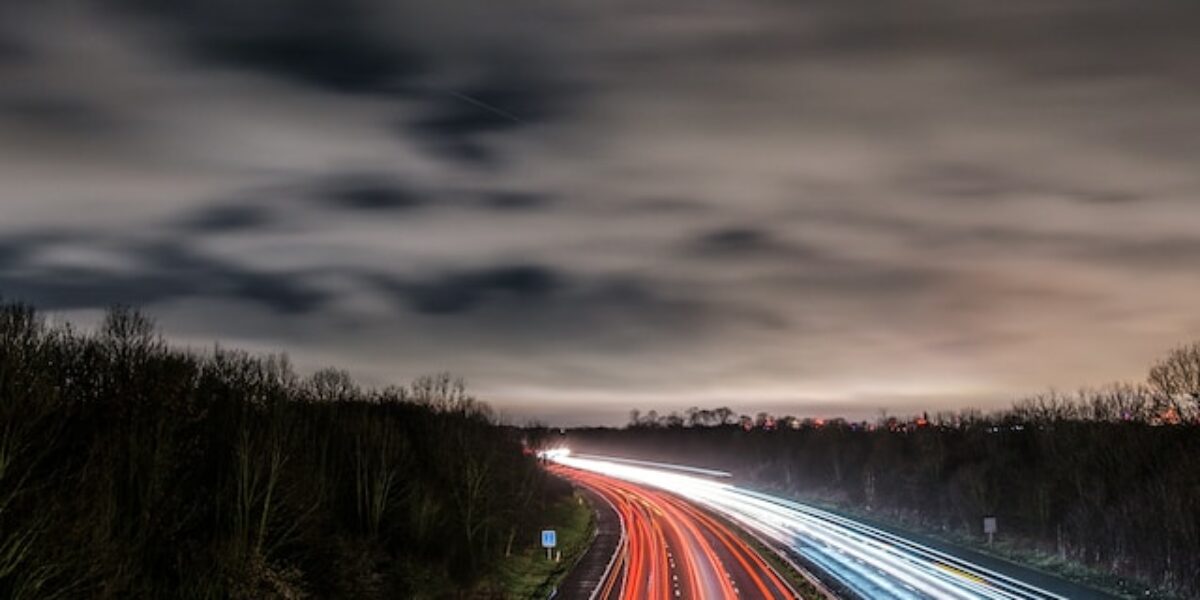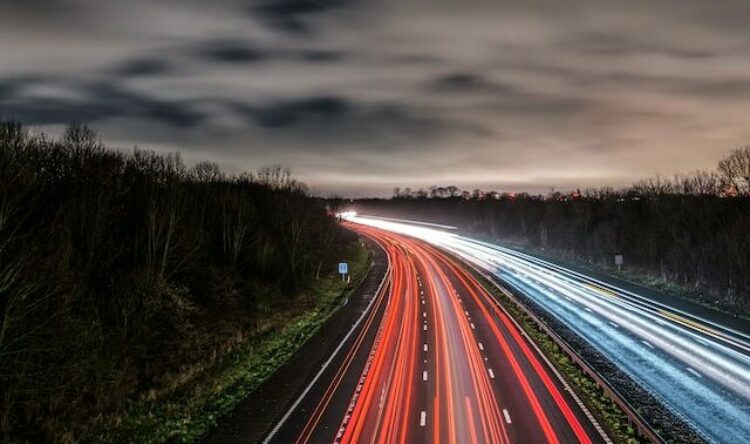Political drive
Government unveils new plans for motorists
As the Prime Minister opens his first Conservative Party Conference, he is also setting out both his vision for the party and the battle ground for the general election in 2024.
Richi Sunak has chosen transport, in particular, motoring as the key card to electoral success.
Rolling plans
Considering nearly every household in the UK owns and runs at least one car, it is an issue that directly affects the electorate. Considering the stet of thew roads, the rising cost of motoring in a cost of living crisis, and the expensive mounting considerations of the green agenda and net zero, it could prove to be an effective campaigning tool
Seizing the initiative, Sunak is setting out a series of policies aimed at alleviating some of the common motorists concerns. First, after the surprise retaining of the Uxbridge by-election as voters voted against the ULEZ expansion in London, he launched a campaign against forced clean air zones in cities around the country. Then the expansion of low traffic neighbourhoods. Following this came the pushing back of the ban on the sale of new petrol and diesel cars from 2030 to 2035. Potholes have featured as a top line in announcements, and ‘over zealous’ traffic enforcement. And, of course, preventing the spread of 20mph zones after the introduction in Wales of a default speeed reduction on restricted roads.
The Prime Minister states that this is where focus is needed as these are issues directly affect everyone every day. And so the the plans have been introduced.
Paper to tarmac
Transport secretary Mark Harper has now unveiled an overall new plan at the party conference. He believes it will support drivers by keeping costs under control and ensuring people have the freedom to drive.
The measures, published in its ‘plan for drivers’ policy paper, include reviewing guidance on 20mph speed limits in England. This is intended to prevent their blanket use in areas where the Government says it’s not appropriate. There is also amendments to guidance on Low Traffic Neighbourhoods (LTNs) to focus on local consent.
As part of its ongoing review into LTNs, the Government will also consider measures for existing anti-driver policies that did not secure local consent.
One stop shop
The plans also aim to stop councils implementing so called ‘15-minute cities’. It wants to ensure consulting on ways to prevent schemes the Government says can aggressively restrict where people can drive.
Harper announced that new technology, one system for the nation, to simplify parking payments .
The National Parking Platform pilot will be rolled out nationwide so that drivers can use an app of their choice to pay instead of downloading multiple apps.
The latter is certainly a common sense move that is widely welcomed.
RAC head of policy Simon Williams says: “Paying for parking should be one of the simplest things any driver has to do”. Instead, there are a “plethora of different mobile apps depending on where they are in the country”.
He describes this idea as “some much-needed simplification”.
Digging up trouble
Meanwhile, the Government says it will also support councils to introduce more Lane Rental schemes. These will be used where utility companies are required to pay to dig up the busiest roads at peak times.
Under the proposals, at least half of the extra money raised from these fees will go towards repairing road surfaces.
To further clamp down on overrunning street works, the Government will consult on extending fines. In particular, for repairs which run into weekends.
Harper said: “Too often the private car is vilified when it has been one of the most powerful forces for personal freedom and economic growth. That’s why the Government is taking the long-term, necessary decision to back the motorists who keep our country moving.
“We’re introducing a plan to ensure drivers can enjoy smoother journeys, park more easily and no longer face unfair and oppressive traffic enforcement measures.
“Our plan will sit alongside our continued investment in public transport and active travel as part of a package of measures designed to help people travel in the best way that works for them.”
Boxing clever
A call for evidence is also being launched. This will look at options to restrict the ability of local authorities to generate revenue surpluses from traffic offences. For example, “over-zealous” traffic enforcement such as yellow-box junctions.
There will be a strengthening of guidance to make sure bus lanes only operate when necessary. A consultation will be launched on motorcycles using bus lanes.
Willaims explains that RAC research shows many junctions are too big and it’s often impossible to see where some end. This makes it extremely difficult for drivers to know whether they can drive through without stopping.
“Some are even being used where they shouldn’t be,” he said. “Had the Government not intervened we fear councils would have had a field day collecting unfair fines from drivers”.
AA president Edmund King also welcomed some of the announcements, including those on box junctions. “The AA has long campaigned to tackle some councils using moving traffic violations, such as yellow box junctions, to fleece drivers – often caught in a trap of poor road markings and bad signage.
Getting charged up
There are also measures included in the plan to help encourage drivers to make the switch to electric.
It says that the Government will widen eligibility of EV charge point grants. These need to include cross-pavement solutions, to make electric vehicle (EV) ownership a more practical option for those without off-street parking.
It will also consult on making private charge point installation cheaper and easier.
Furthermore, it has vowed to work with industry to myth-bust concerns about EVs.
20 thirty
The backlash against 20mph speed limits following the Welsh Government’s decision has grown. But while the government and some motoring groups have bolstered the headlines, road safety academics and organisations are concerned.
Steve Cole, executive head of policy, campaigns and public affairs at RoSPA, says: “It’s important that communities feel safe, and as it is estimated that 20mph speed limits can result in 40% fewer collisions and a seven-fold reduction in deaths.
He believes potential new policies could put “drivers and pedestrians at risk”. He adds that instead the government “should instead be focusing efforts on assessing the evidence and delivering its long-awaited road safety strategy.”
New DfT data released last week, showed that road deaths had increased 10% year-on-year, with 1,711 fatalities on Britain’s roads in 2022.
Some 29,742 people were killed or seriously injured (KSI) and 135,480 casualties of all severities.
Willams added: “We have long said that in the right places slow speeds deliver valuable safety benefits,” says Williams.
“Putting them on roads where motor vehicles predominate and there is no conflict with other road users however makes no sense.”
He adds that councils already have to go through a process if they want to reduce speeds limits. Even in Wales, it is finally decided by local authorities based on evidence of need and effect.
“We wait to see how any new policy differs from this.”






